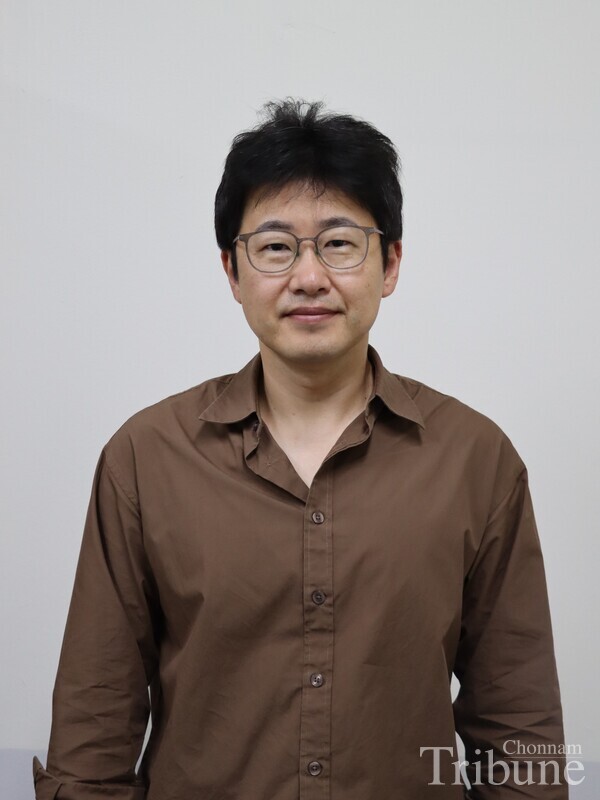
Chonnam National University’s selection for the “Glocal 30” initiative represents more than an achievement in educational innovation—it signifies a fundamental transformation toward a new knowledge ecosystem that connects the local and the global. In an era when artificial intelligence (AI) is restructuring social systems, shaping industries, and redefining the way people live and interact, the university stands at a pivotal juncture, poised to redefine its identity on two pillars: sustainable regional innovation and the creation of global public value.
First, CNU must establish an AI-centered education and research model dedicated to solving regional challenges. The university has long developed specialized expertise in key regional industries such as mobility, agriculture, biology, energy, healthcare, and cultural content. By integrating AI technologies into these fields, CNU can address local issues and propose data-driven models for new value creation.
For instance, research on future mobility convergence technologies, IoTbased agricultural automation, energy efficiency systems, and carbon-neutral smart cities not only enhances the sustainability of regional industries but also strengthens their competitiveness in the global market. In particular, in the field of future mobility, convergence research—such as AI-based driving data analytics, predictive maintenance for electrified modules, and eco-friendly energy harvesting—can significantly contribute to both regional industrial innovation and the global goal of carbon neutrality. Moreover, establishing data governance frameworks and open innovation platforms will enable academia, industry, and local governments to collaborate effectively in addressing community-wide challenges.
Second, fostering human-centered AI convergence talent must become one of CNU’s core missions. Beyond technical proficiency, students must understand the ethical, cultural, and social implications of AI and learn to apply it responsibly for the common good. In an era where technological advancement brings new ethical and societal challenges, education should not stop at teaching coding or algorithms—it must explore how AI can enhance human values, empathy, and inclusivity. To achieve this, CNU should establish an interdisciplinary education system that integrates the humanities, social sciences, arts, and engineering, while strengthening project-based learning and global internships in real industrial and public contexts. The university’s vision for inclusive AI education aims to bridge technological divides, nurture creative problem-solvers, and empower regional youth to exercise social leadership on the global stage.
Finally, innovation through glocal collaboration and openness is essential. “Glocal” does not simply mean connecting the local with the global; it embodies the process of interpreting local issues in a global context and transforming global knowledge into local practice. Through partnerships with universities, laboratories, and research institutions across the Americas, Europe, and Asia, CNU seeks to expand AI-based joint research, data-sharing platforms, and collaborative education programs. These partnerships will foster cross-cultural understanding and ensure that Gwangju and Jeonnam’s experiences and innovations are shared as meaningful contributions to the global discourse on sustainable and inclusive development.
In the era of AI, a university should no longer be a passive transmitter of knowledge but rather an experimental platform for designing a new civilization where humanity and technology coexist and co-evolve. Guided by the vision of the Glocal 30 initiative, CNU is ready to emerge as an “AI Humanity University,” transforming regional potential into global value and fostering innovation grounded in human dignity, ethical responsibility, and shared prosperity.
By You Yong-min, Professor, Department of Future Mobility
